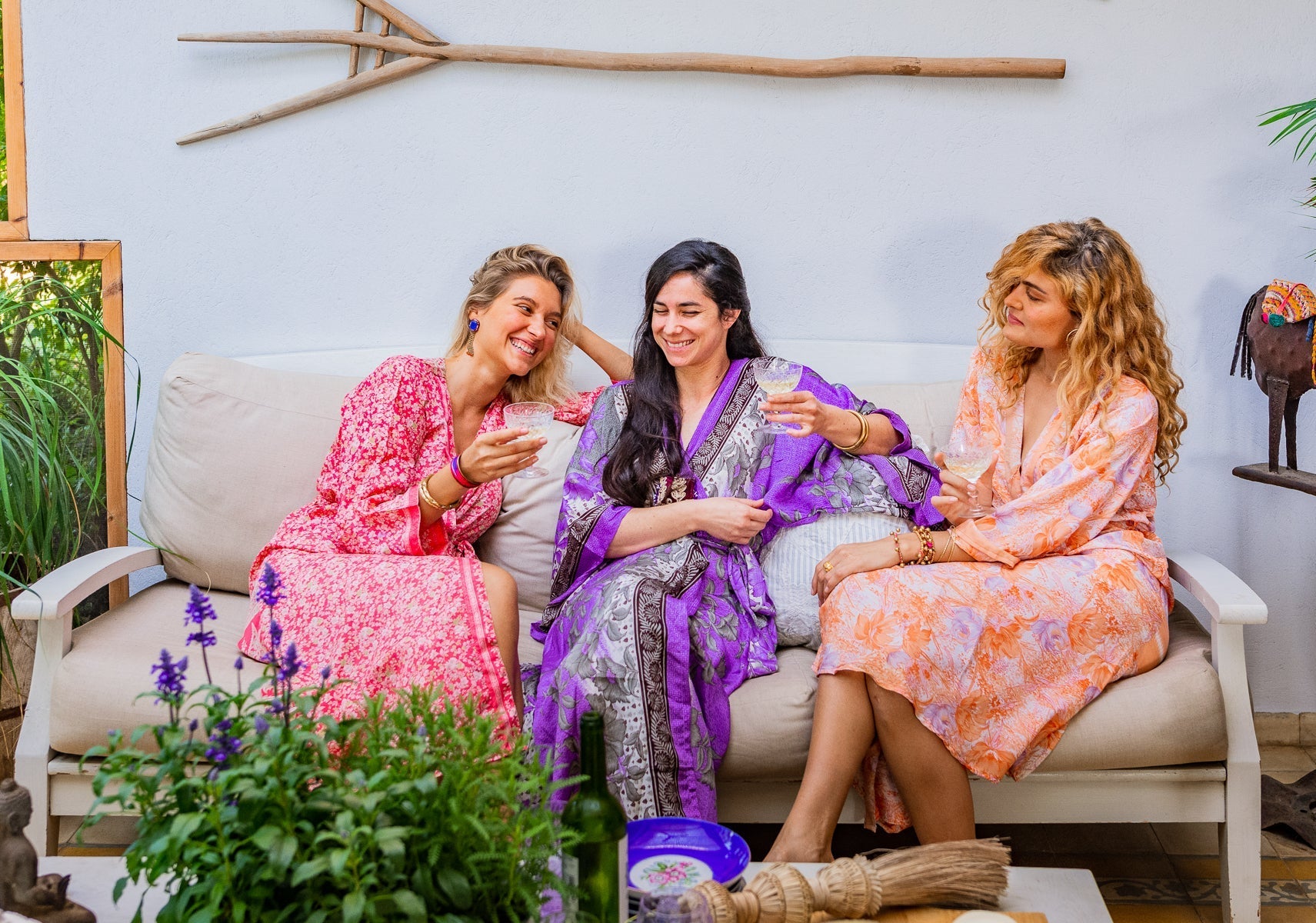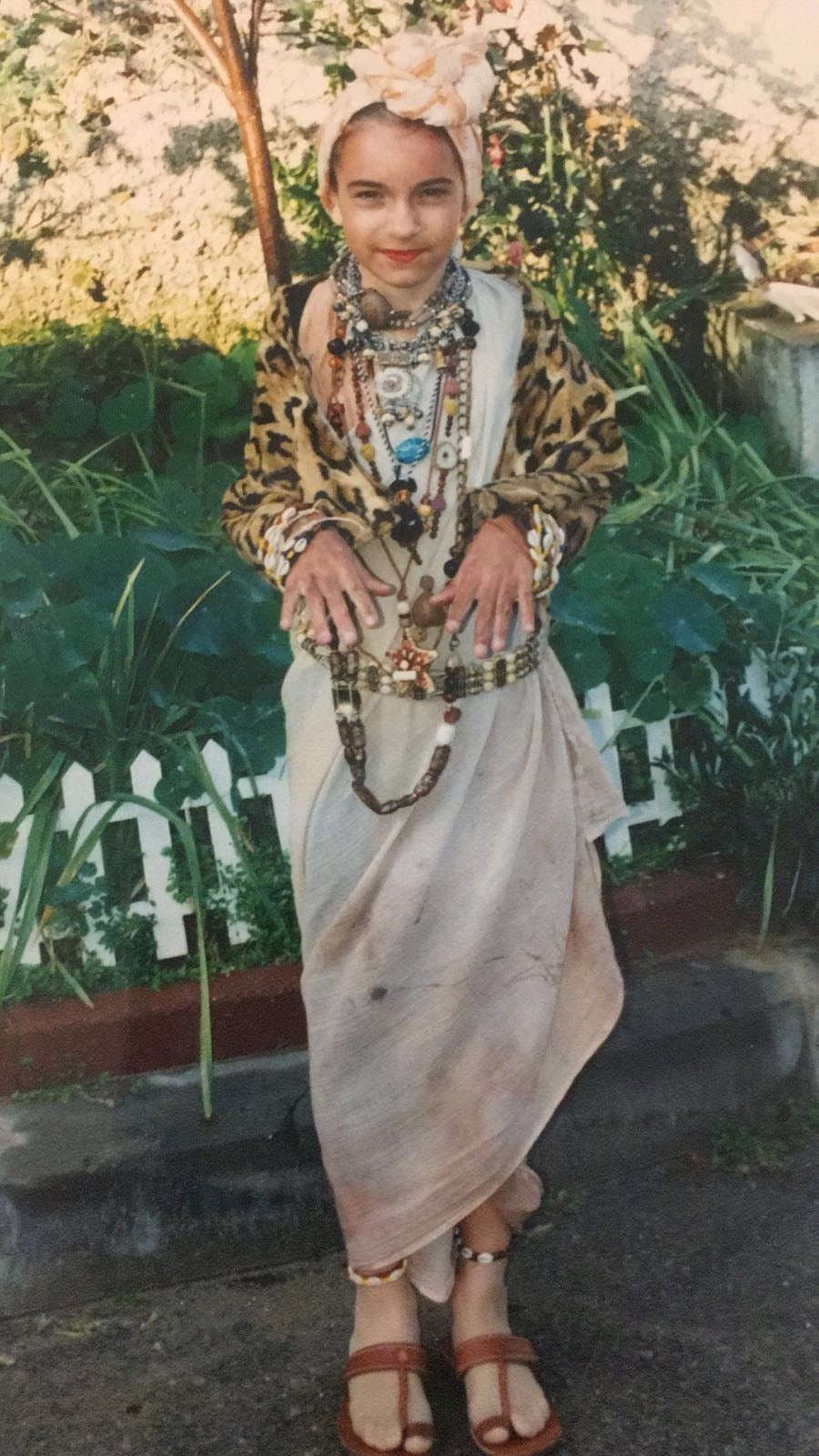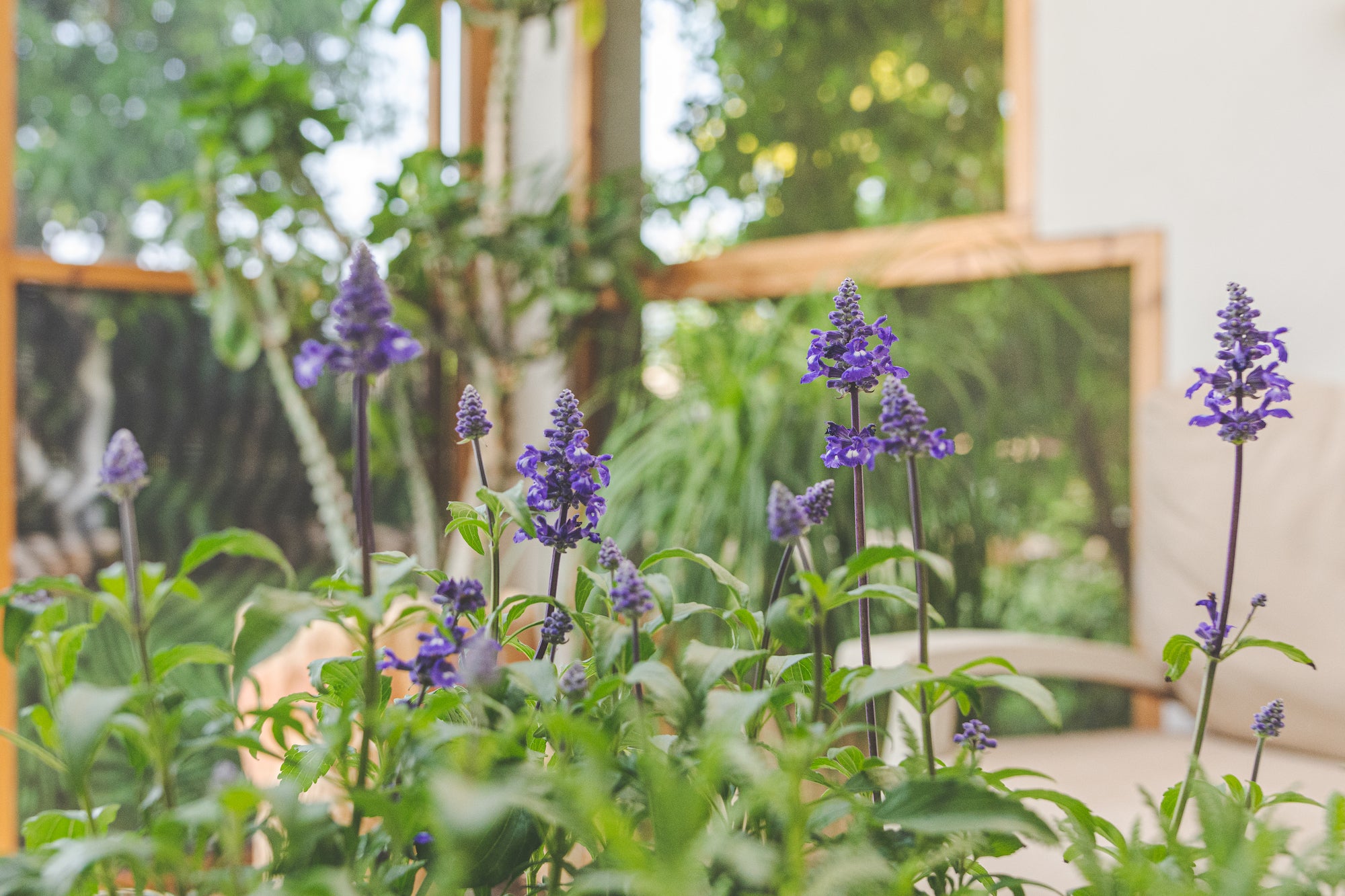The store that buys goods from a gypsy family in India | BADIYA
Carmel Libman | mako | Published 11/06/24 Article in mako
Jeweler Amit Oved learned the craft from her grandfather , who founded Avgad, during the years she worked in the family business. She began her independent path in fashion after a vacation in India. She was captivated by the magic of the colors, symbolism, and handicrafts typical of Indian culture. Six years ago, she opened an Etsy shop, and began selling items she purchased throughout India. The shop worked, and she soon found herself returning to India, and with her inventory growing, she decided to open a real store. BADIYA , in Tel Aviv's Levinsky Market, offers a variety of colorful and airy clothing items, with an emphasis on kimonos in a variety of lengths. There are also bags, accessories, jewelry, and more .
"My production is divided between family factories in India and items I create myself here in Israel," says Amit. "For example, I work with a gypsy family who sold their wares on the street, and I was fascinated by them. I became friends with the woman, who is the only English speaker in the family. All the women there are jewelers, and she is the leader who runs the business. In normal times, I travel to India three times a year to meet the people and create new collections."
What makes Amit's business unique is the mix of different cultural inspirations, such as items from her family history, Afghan beads, old Indian coins, Moroccan pendants, scarabs from Egypt and more, all combined into a colorful piece of jewelry or clothing. Amit shares the cultural story behind the items with regular visitors to the store.
Several trends have emerged in the Badia in recent years. Anyone who has traveled to India may be familiar with the large, striped market bags with zippers. Inspired by them, Amit created a colorful, designed women's bag, which has become one of her best-selling items. She was one of the first to recognize the kimono trend, and she sells kimonos that are sewn in India. "It was not only a fashion choice, but also a good business decision. The kimono is a timeless item with a long shelf life," she explains, adding, "The first six months of the war were difficult, and only recently has a certain recovery begun. We have not yet returned to the routine I knew before."




